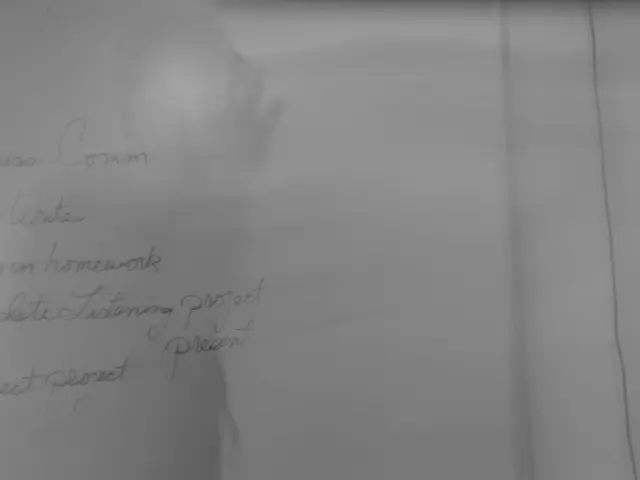Unmonitored highways: be vigilant against deceitful toll charges
Hitting the open road on free-flow toll roads is a breeze, but it's also sparking opportunities for swindlers. They're capitalizing on the convenience, attempting to extort cash from drivers. Victims receive messages that look legit, even using the Ulys toll operator's logo. A phony debt is claimed, and a fine is threatened if not paid.
Digital Wallets or Motorway Service Stations
When the links are clicked, a page pops up. Scammers are hoping to snag your banking details by gathering information, planning to steal big. The actual toll company, the victim of this identity thievery, advises drivers to stay cautious. They suggest watching for red flags like unusual sender names or captivating yet suspicious email subjects. Journey payments are made online, at motorway service areas, or via a toll tag.
Check out the full report in the video above.
Being knowledgeable about toll rip-offs, especially those pretending to be reliable entities like Ulys, comes down to recognizing common scam strategies and keeping a keen eye on communication from toll agencies.
Identifying Scams
- Legit Payments: Real toll operators don't collect payments via text messages or shady links. They usually stick to official websites, electronic toll collection systems like E-ZPass, or send bills by mail[1][2].
- Intimidation Tactics: Scammers whip up a storm of stress or threats to push people into acting hastily. Trustworthy agencies steer clear of aggressive language or bullying[1].
- Toll Agency Familiarity: Get a feel for how your local toll agencies communicate. They'll typically have specific contact channels and rarely reach out via text messages for payment requests[2].
Steering Clear of Scams
- Vet Communications: Always confirm the authenticity of messages by contacting the toll agency directly through their official details[1].
- Be Wary of Links: Avoid clicking on links or downloading attachments from questionable sources, as they could be carrying malware[3].
- Official Apps: Opt for official toll apps or websites for transactions and updates[2].
- Monitor Account Activity: Regularly review your account statements for any fishy transactions[3].
Awareness of these tactics and a proactive approach can drastically cut down the odds of becoming a toll scam victim.
- "Despite the convenience of digital wallets, it's essential to remember that legitimate French technology companies, such as toll operators, rarely request payments through text messages or suspicious links, opting instead for secure online platforms, E-ZPass, or traditional mail."
- "Although general-news reports may highlight instances of crime and justice on the motorways, it's crucial for French drivers to identify and avoid scams by recognizing tactics like the non-existent toll debts that scammers claim, attempting to trick drivers into providing sensitive information or making unauthorized payments."








